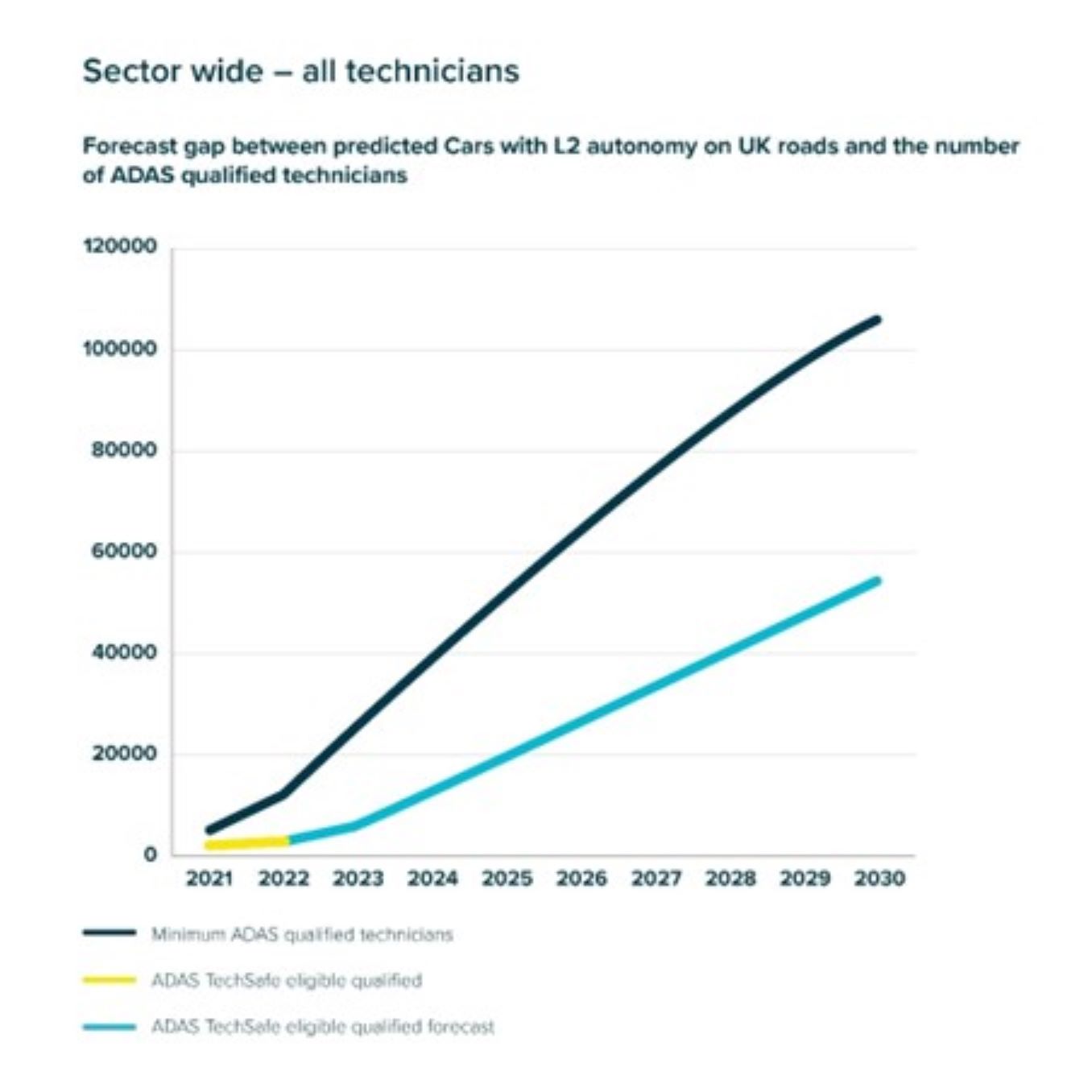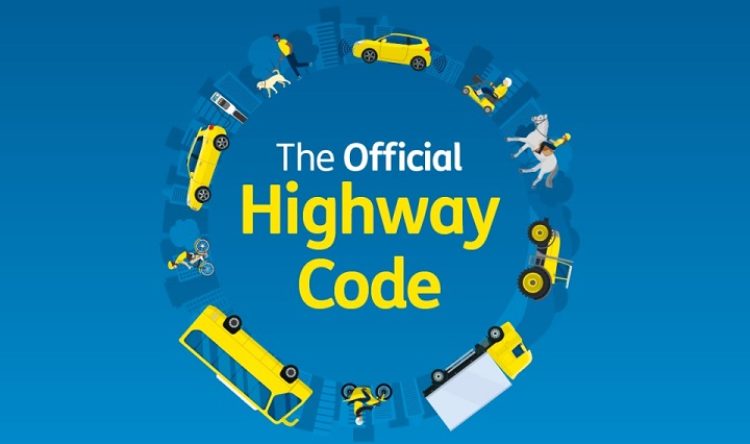Servicing service provision
Vehicles getting too technical for garage servicing a potential disaster ahead
A lack of skills to work on advanced driver assistance systems (ADAS) is putting road users at risk.
This is the conclusion of a new report from the Institute of the Motor Industry (IMI), reported in Fleet News.
It suggests that there are currently only 3,000 ADAS-certified technicians, yet 106,000 will be needed by 2030.
Lack of training
Steve Nash, CEO of the IMI, said: “Drivers are becoming accustomed to and reliant upon autonomous features on their vehicles.
“Any failure could be catastrophic”.
Drivers are increasingly expecting the car to do work for them. Many have highlighted the potential pitfalls of this, but the picture changes dramatically if equipment fails without warning. Servicing, maintenance and regular checks are essential.
For example, if a driver took a second too long to notice that their adaptive cruise control had failed on a motorway. A high speed collision. could too easily be the result.
Another example could be lane keeping assist, or the lane departure warning failure. This could lead to the car drifting into a neighbouring lane in front of a faster vehicle.
“The risks could be even higher for more advanced features such as autosteer and automated lane change.”
Skilling up
It is the first time that the skills shortage has been fully assessed in light of Level 2 autonomy in vehicles on the UK’s road network.
It finds 5% of the UK car fleet features Level 2 autonomy (where the vehicle can control acceleration, braking, and steering).
There are currently only 3,000 technicians with IMI TechSafe qualifications to work on vehicles featuring ADAS.
In 2023 alone, the IMI estimates a shortfall of 6,000 technicians. By 2030, 44% of cars on UK roads will include ADAS, requiring a total of 106,000 qualified technicians
Based on current qualification and training trends, the IMI estimates that there will be a shortfall of 51,000 qualified technicians in just seven years.

Dangerous omissions
Nash described the problem as potentially “a matter of life and death”.
“The skills need is immediate,” he continues. “It is also critical to recognise the serious economic impact of the skills gap.
“A lack of qualified workforce means delays in vehicle repairs, undermining UK mobility.”

Nash said: “Autonomous vehicles rely on complex systems, including advanced electronics, sensors and software.
“Without the necessary skills to diagnose and fix issues with autonomous systems, the safety and reliability of the vehicles cannot be guaranteed.
“Not only that, the increasing integration of autonomous technology in vehicles means that technicians need to have a deep understanding of how different systems interact and work together, requiring a commitment to continuing professional development to keep up with the latest advancements in the field.”
To find out more, the full IMI report – Meeting the Demand for Skilled Vehicle Technicians in the Age of ADAS – can be downloaded here.






